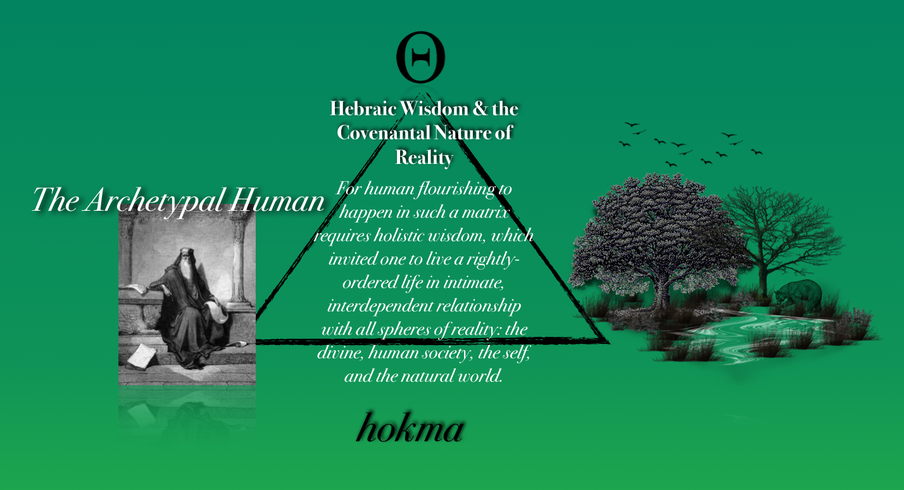 I developed this schematic for an academic poster. You can see the full poster at the bottom of the "founder" page of this site. I developed this schematic for an academic poster. You can see the full poster at the bottom of the "founder" page of this site. In light of the recent book recommendations I've made at Christianity Today, I thought I would offer a brief introduction to an approach to reading literature that has been specifically informed by some central biblical-theological themes. For a brief summary of what biblical theology is, you can follow the link here on my website. I must also highly recommend the great work being done at The Bible Project. You can also check out their YouTube channel here. I would encourage anyone to make use of their robust and richly beautiful media and print materials that help the Bible and the study thereof come to life. This first post (of two) will be an introduction and overview of what I believe are 8 central themes in biblical theology. These can help inform or guide how we read literature of all kinds (the second post). The Bible and Biblical Theology
Again, these 8 themes represent only some important and introductory facets of biblical theology that can inform the way we read other literature. The next post will tease this out as I will make some application of these points to the reading of literature specifically. I'd love to hear from you. You can follow Pegasus Education on Twitter @pegasus_edu. You can also follow my personal account @mr_farrelly. Thanks for reading. - Matthew Farrelly
0 Comments
Leave a Reply. |
AuthorMatthew Farrelly is an educator, tutor, and growth coach. He blogs when he can at pegasus-education.com. Archives
May 2017
CategoriesAll Bible Christian Classical Classical Education Cslewis Education Flourishing Intellectual Virtue Literature Matthew Farrelly Mindfulness Moral Education Pegasus Education Perspective Philosophy Of Education Reading Theology Transformation |
Search by typing & pressing enter

 RSS Feed
RSS Feed
